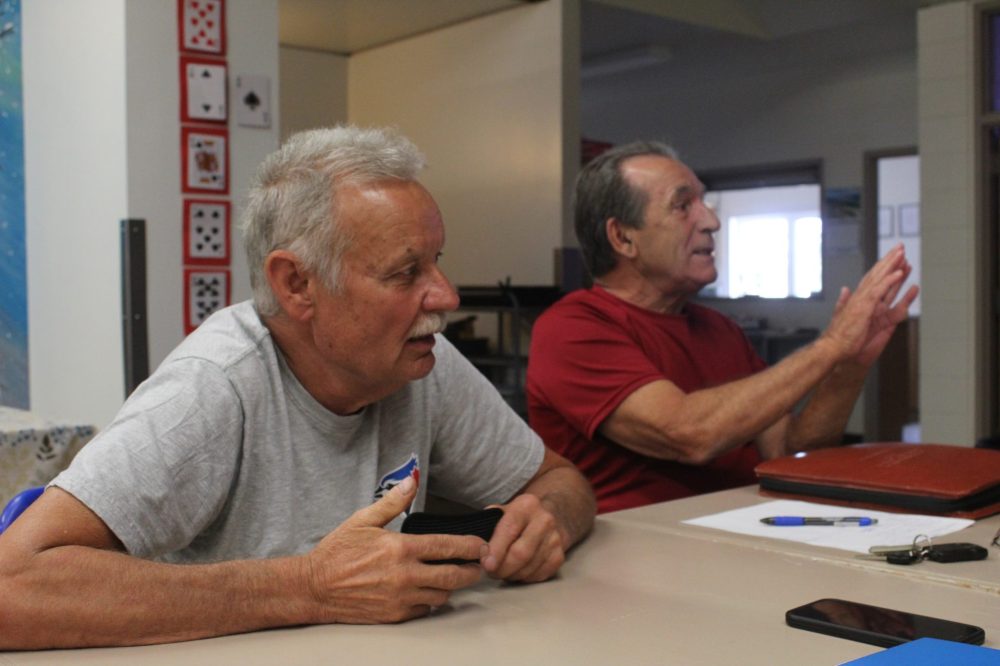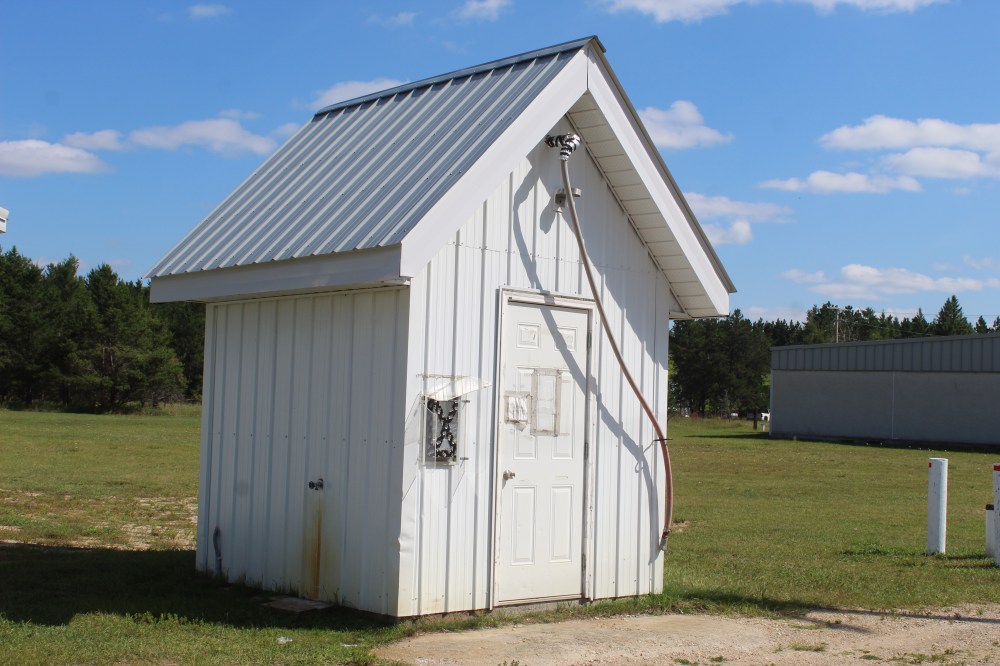Residents oppose provincial plan for opening Woodridge bulk fill water station
Advertisement
Talks between provincial officials and Woodridge residents about reopening its bulk fill water station resumed earlier this month, after the station was closed for more than a year.
On Aug. 13, Manitoba’s director for the office of drinking water met with Woodridge Community Club board members, who manage the fill station, and councilors from the RM of Piney.
During the discussions, the province laid out a strategy for reopening the well for at least two years if the board signed a compliance agreement to create a plan for installing a chlorine disinfection system within that period. The plan also included putting up a sign saying the water is untreated and no spray tanks are allowed on site.

The fill station was ordered to add chlorine to its water system in April 2024, after a community club member told a provincial official during routine inspection that the site supplied cisterns and drinking water for residents, said Sacha Janzen, director for the office of drinking water.
“Woodridge is a licensed drinking water system. They are supplying the public drinking water. The bulk fill is supplying the public drinking water as well. Based on information that we receive during an inspection, to prevent the risk of bacterial regrowth in hauled water we have policies that we have to follow,” she told The Carillon.
However, the volunteer-ran club opted against adding chlorine because it was too expensive to install. The station has remained closed since July 2024. Prior to the closure, the station supplied water for the community for nearly 40 years.
Janzen said her department was surprised when the community club said the station was shutting down. The two-year compliance plan is the best approach to reopen the station, she said. The water system was licensed in 2019 as a semi-public source, with the supplying well connected to the community club and the bulk fill.
“The quality of the water here is not being contested by our office, said Janzen. “It’s good quality water and it’s a very compliant system.”
However, a bulk fill’s distribution system when supplying cisterns can create risk for bacteria growth if there’s stagnant water, she said. Janzen described the station as “unique” because of the long pipes that connect the club building and bulk fill to the same well.
The chlorination order was triggered by a 2021 change in the provincial drinking water safety regulation. The change required bulk fill stations that supply cisterns with drinking water to disinfect.
If groups do not follow the compliance plan after the two-year period, Janzen said the department would issue warnings and eventually fines if it continues.
She said there are over 90 bulk fill stations across the province that are disinfecting, with only four locations not chlorinating the water.
During the meeting, community members asked that station be exempted from the policy because of the water’s clean record. While the policy can eventually change, it can’t happen in a “knee-jerk manner,” Janzen said.

Ken Lachnit, president of the community club, said the water isn’t being used for drinking, and its common knowledge in the area to only use cistern water for things like washing dishes or watering plants.
He said its impossible for him and the other board members to monitor how people will use the water at home.
“Its not up to us how you take your pork chop home and cook it,” he said.
He’s worried about the club getting fined if it signs the agreement to let the water temporarily flow again and not install the chlorine system when the two years are up.
While he was hoping to reach a compromise with the province, the meeting was the “same old story again,” Lachnit said. He claims chlorinating the water will negatively impact its agricultural uses, like watering crops.
Lachnit is planning on not signing the compliance order because it’ll still result in the province requiring the disinfection system.
“We’ll see what happens, because the way we look at it, it’s been closed for a year and people are getting by,” he said. “Sure we’d like to open it. But at the end of the day, are we in a rush? No.”
